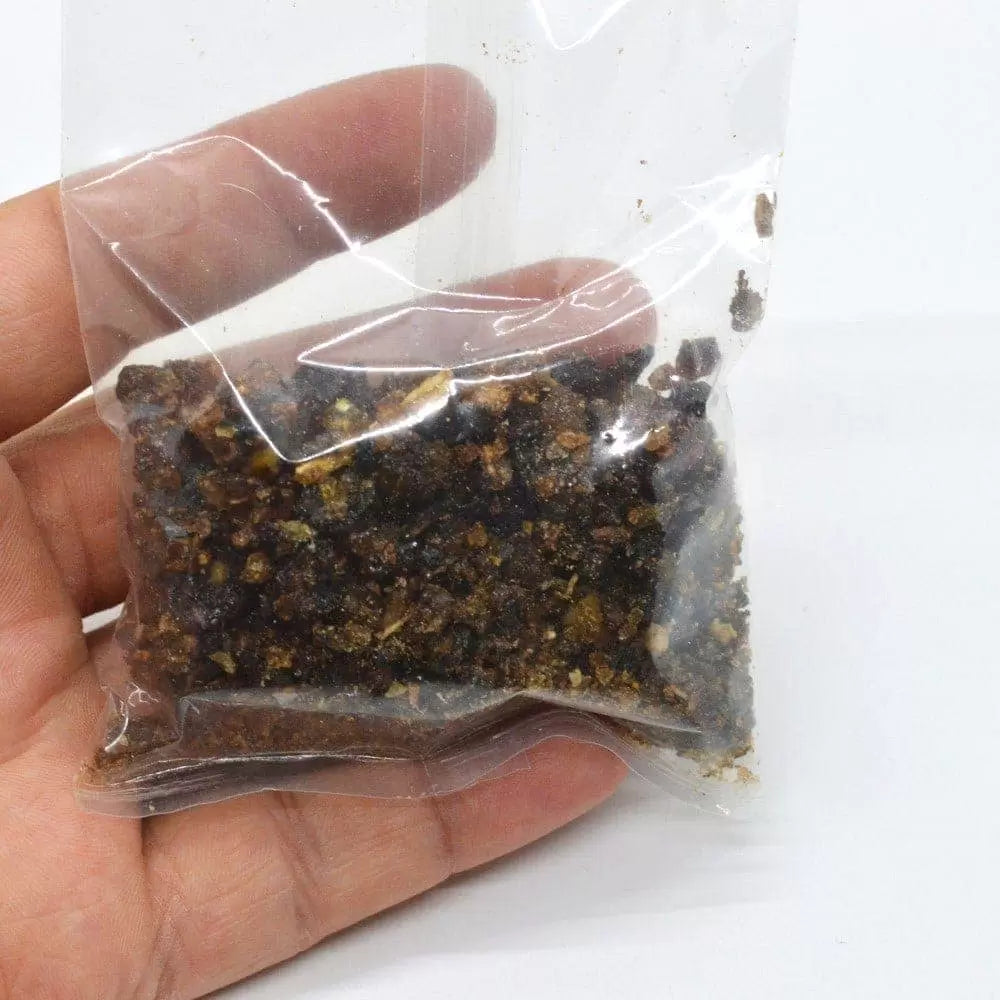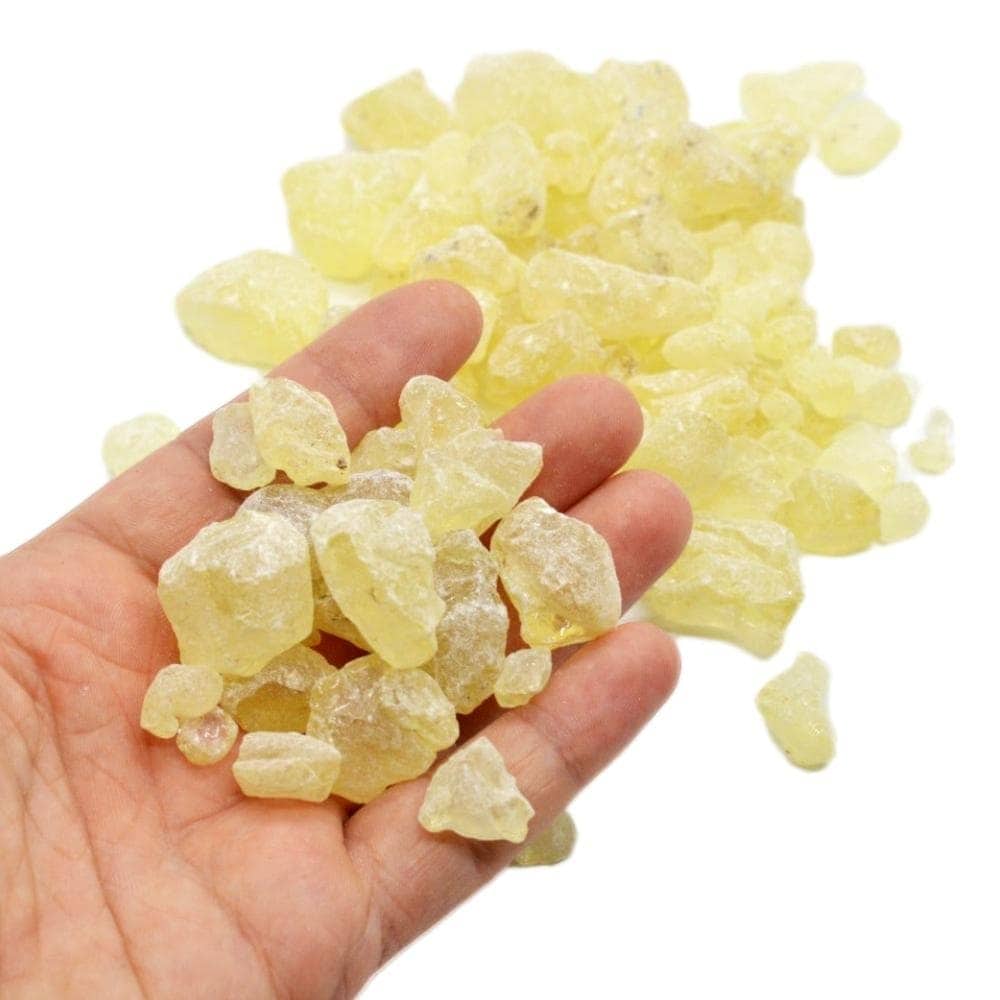Rasina naturala also known as natural resin, is an intriguing substance that is derived from trees and plants. It has served as a primary component of modern medicine, art, construction, and ceremonial activities. Natural resin is known for its sticky and viscous properties and turns to solid when air passes through it. This makes it useful to a variety of industries from perfumery to furniture making.
Plants, primarily coniferous trees, secrete resin as a defense mechanism towards pests and diseases. Rasina naturala is on higher demand these days due to its medicinal nature, environmental-friendly nature, and sustainability. In this post, I will explain the many types of natural resin, their extraction processes, applications, and the benefits they offer.
Types of Natural Resin
rasina naturala vary from one another because of the source and the composition of the chemicals. Resins can be categorized as follows:
Hard Resins
These rasina naturala are brittle, and solid in nature. They are mostly used in varnishes, incense, and adhesives for sticks. Amber and copal are two examples that are widely used as they are both strong and have good appeal.
Soft Resins
rasina naturala which are pliable and a bit sticky are soft resins. Frankincense and myrrh are known for their uniqueness and historical and spiritual recognition.
Oleoresins
Oleo is a combination of an essential oil and a resin that is common in the pine tree and turpentine. They are also known for their flavor and have various medicinal uses, and are in some ways those same things found in balsams which are known world wide.
Gum Resins
These have a combination of water soluble gum, and insoluble resin. Gamboge and asafoetida are well known for containing remarkable health properties that have been cherished for ages.
Rasina Naturala Extraction Procedures
Tapping
Tapping is perhaps the most frequent form of extracting resin from trees. It consists of slowly incising the bark of the tree and waiting for the resin to seep out. When done correctly, this process is sustainable and does not harm the trees in the long run. The collected resin can then undergo processing and purification.
Drilling
A hole is drilled in the tree and a container is positioned beneath the tree to harvest the flowing resin. This method is less invasive to the tree and hence ensures sustainable harvesting.
Natural Exudation
This is a more passive and environmentally friendly method because it does not involve making unnatural cuts or holes. This method ensures that the ecosystem remains untouched.
Distillation
This process aids in separating essential oils from the resin and hence yields products which are very valuable and used in medicines and perfumery.
Regular Applications of Natural Resin
Its Role in Medicine
Myrrh and frankincense, for instance, have been incorporated into Ayurvedic and Chinese medicine for hundreds of years to address wounds, skin respiratory issues, and even digestive disorders.
Its Role in Perfumery and Aromatherapy
They are effective in lowering stress levels, relaxing a person, and increasing clarity of thought. Their calming odor has a soothing impact on the body’s nervous system. Alongside incense, many perfumes take advantage of resins, due to their distinct and pleasant aroma.
Its Role in Varnishes and Adhesives
Amber and copal are known to create durable, glossy finishes, for varnishes and adhesives these rasina naturala are of great use. Alongside artworks and paintings, these posters provide protection and longevity to them, which is highly beneficial for furniture as well.
In Art and Sculpture
Works of art by sculptors and artists consist of these natural resin. This enables flexible experimentation for artists because the versatility of resin enables a wide variety of textures and finishes.
Industrial Applications
The construction industry also benefits from resin products due to their strength and toughness, which improves the quality of construction materials.
Natural Resins and Health
Resin’s Eco-Friendly Solution
rasina naturala have a very low negative impact on our environment compared to synthetic resins which are harmful and non-biodegradable.Such products highly cut down the carbon emissions released from petroleum products providing them with a neat and perfect choice for the businesses planning green marketing.
Natural Antimicrobial Substance
Some rasina naturala like frankincense and myrrh possess antimicrobial substances, enabling them to help with complex wound healing and useful as natural preservatives. In some instances, they can serve as substitutes for synthetic antibiotics due to their skin-restoring properties combined with infection prevention.
Natural deodorants
Hispanic resin, frankincense or mine resin, and copal resin clean the air by getting rid of unhealthy bacteria. This is because the burning releases non harmful chemicals that engage the healing aroma which gives a healing mood in the home or prayer space.
Taking the Stress Away and Mental Enhancement
The rasina naturala have a qualitative fragrant feature which is useful for reducing stress and improving focus. In many cultures, meditation aids utilize different kinds of natural resins to assist in promoting calmness and deeper spiritual awareness. They are very helpful in improving the mental health of an individual by soothing the mind.
The Future of Focused Natural Resin
The natural resins are fast gaining attention with bio-based plastic, eco-friendly construction material, and natural product packaging for sustainable industries in the future. With focused primary research and innovation, these products will help slow down the growth of rasina naturala. In addition, the increase in supply of natural materials is also encouraging investment in resin industry.
Conclusion
Unfortunately, rasina naturala is incredible and multifaceted, perhaps having too many uses. From healing and aromatherapy in ancient times, through industrialized and artistic applications, the use of natural resin has preserved its value. Giving more roundabout use of eco-friendly materials will serve to replace plastics and preserve nature.
Rasina naturala provides options for those who aim to use natural resin for its health benefits or for industrial purposes. Incorporating these elements into your daily life is a good start. With an understanding of different types, extraction methods, and benefits, anyone can appreciate the value of this natural treasure. We can all work towards a better planet by supporting sustainability through natural resin based products.
